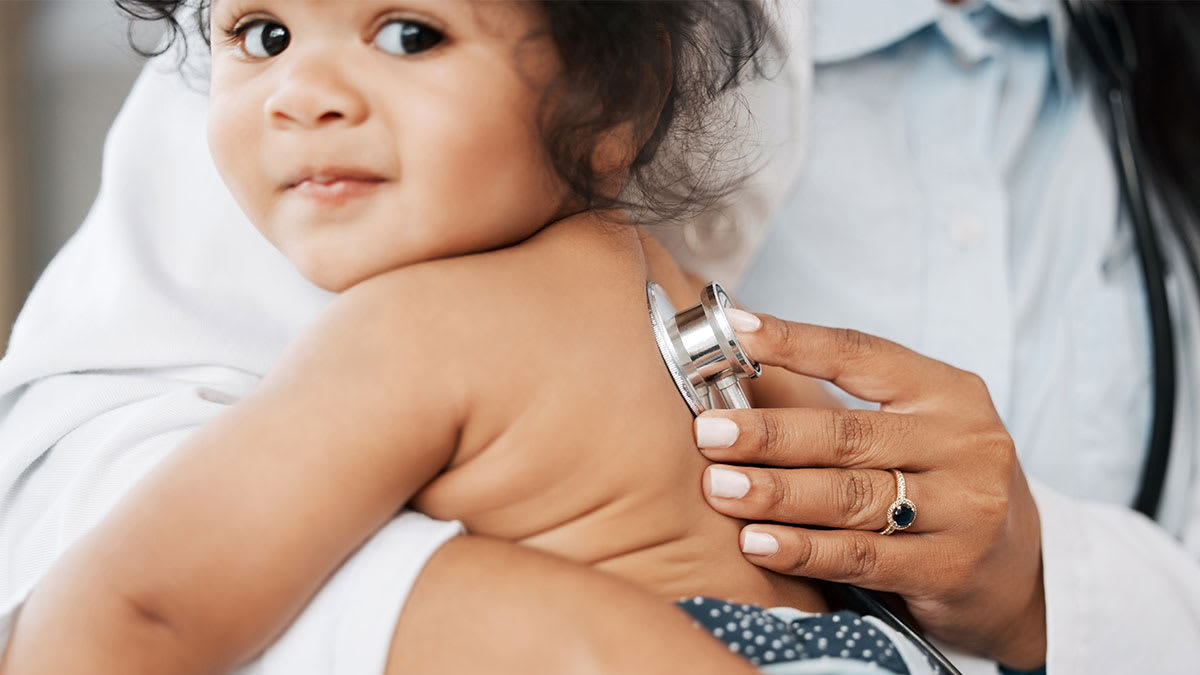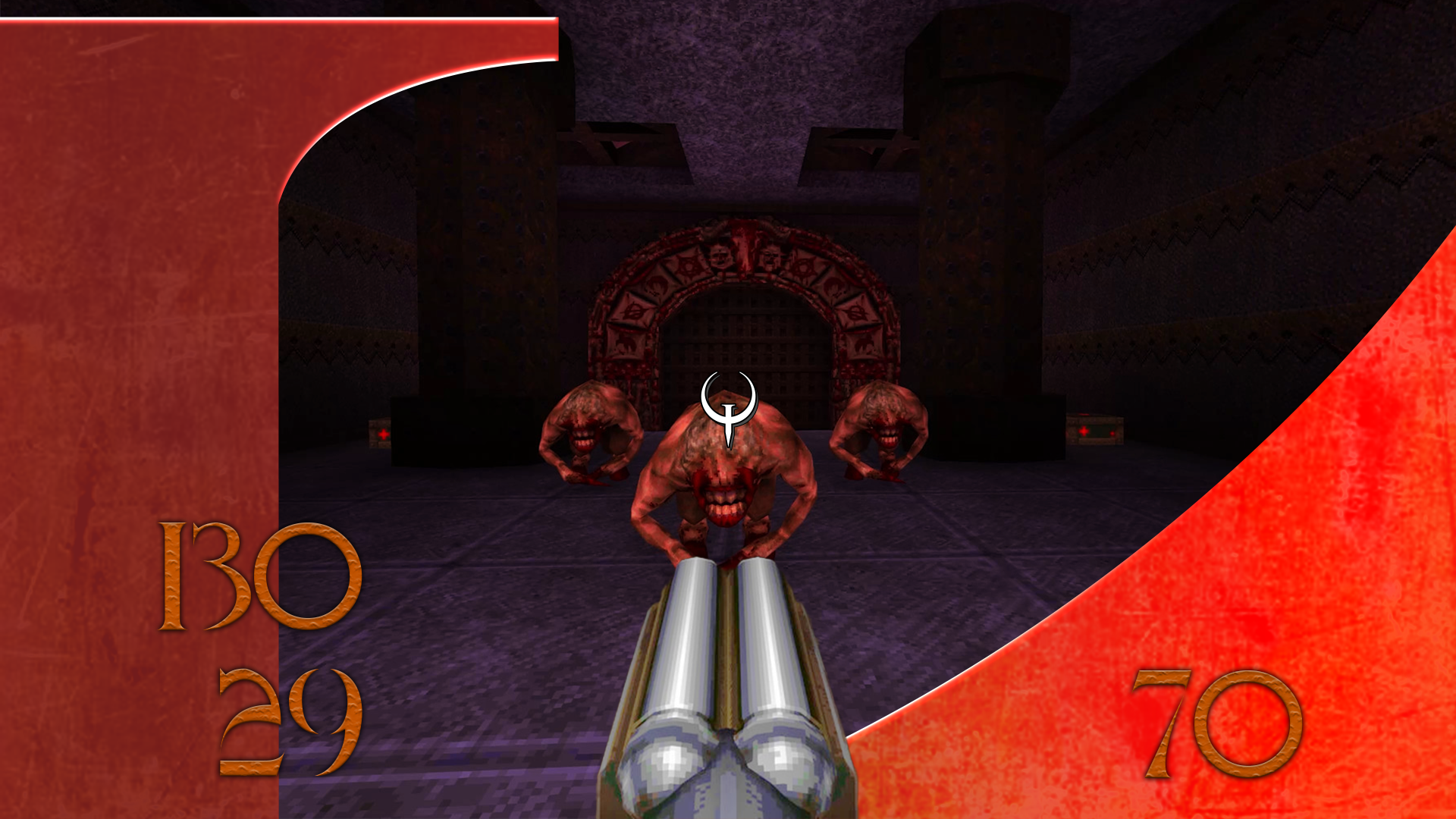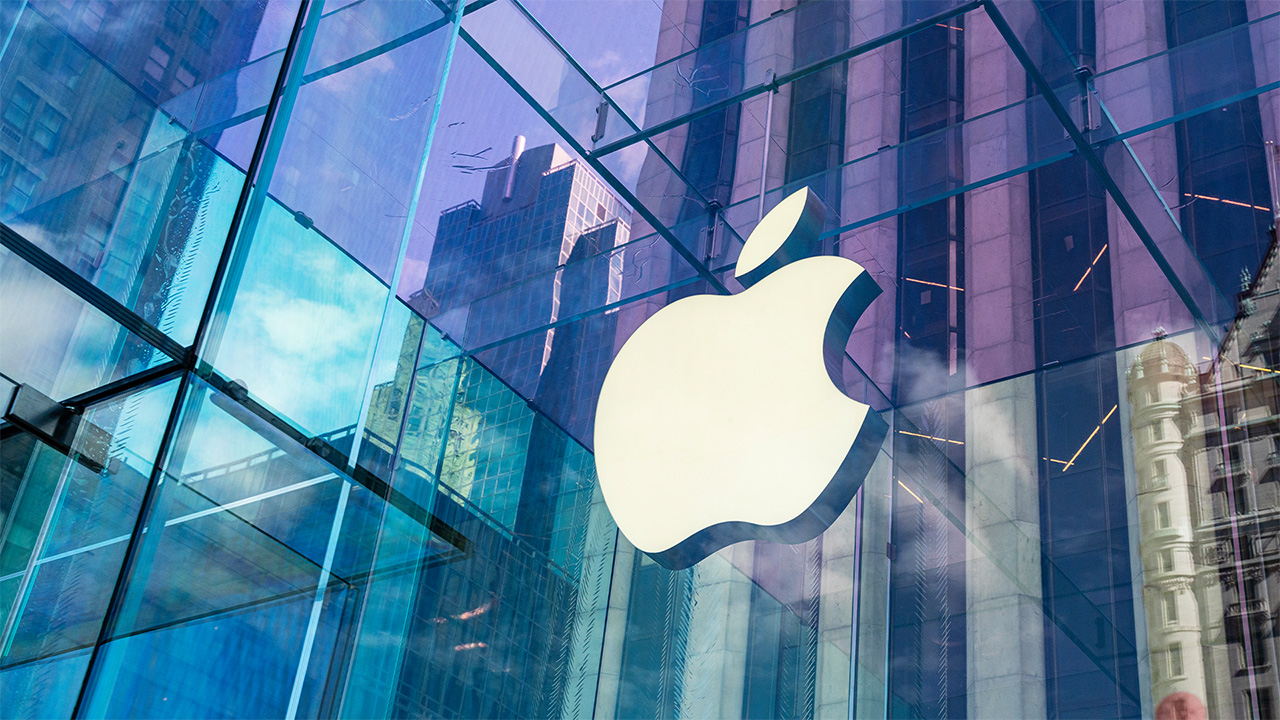Should Your Baby Get a Measles Vaccine Early?

When someone has a diagnosed case of measles, the local health department will typically try to alert people who have been exposed to them and recommend the next steps.
“If your child was exposed to measles, depending on the age of the child, vaccination status, and days since exposure, they may get either a vaccine or immunoglobulin as protection,” says Melissa Stockwell, MD, MPH, chief of the division of child and adolescent health and a professor of pediatrics and population and family health at Columbia University.
Immunoglobulin, proteins produced by the human immune system to fight off measles (and other pathogens), can be injected to help a child’s body mount a defense against the virus very quickly, while an early vaccine can help a child’s immune system produce those proteins on its own.
When an unvaccinated baby between 6 and 12 months is exposed to measles, doctors usually recommend an early MMR vaccine within 72 hours of the exposure. If more time has passed since then, a shot of immunoglobulin is recommended within four to six days after exposure. For babies under 6 months, a shot of immunoglobulin is the standard recommendation, within six days of exposure. “After six days, it’s not likely the extra antibodies will help that much,” Chang says. (Measles symptoms usually show up seven to 14 days after exposure.)
If you’re not sure whether your baby should get an early MMR vaccine or you have other questions about measles, your child’s pediatrician is the best resource.
Vaccines, just like medications, can cause side effects, Stockwell says. But the MMR vaccine “is a very effective vaccine with a well-established safety record,” she says, and getting it “is much safer than getting measles itself.”
Source link











